What do you think?
Rate this book
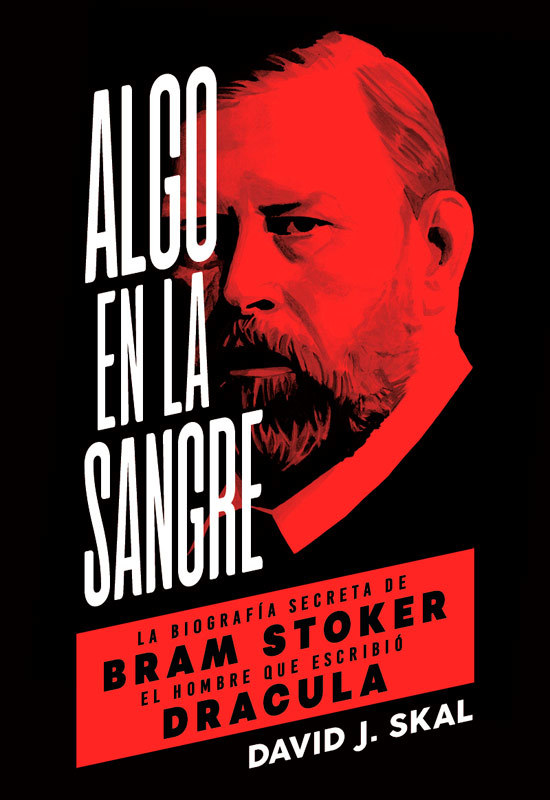

669 pages, Hardcover
First published October 26, 2015


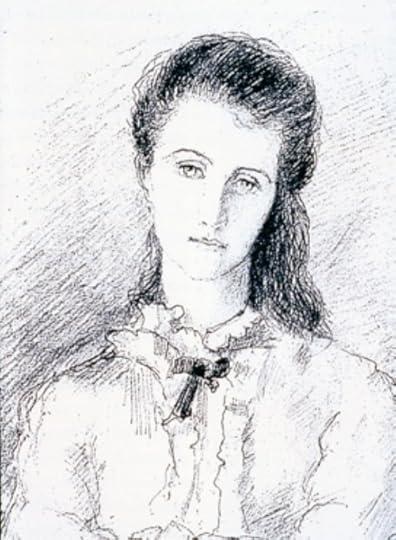
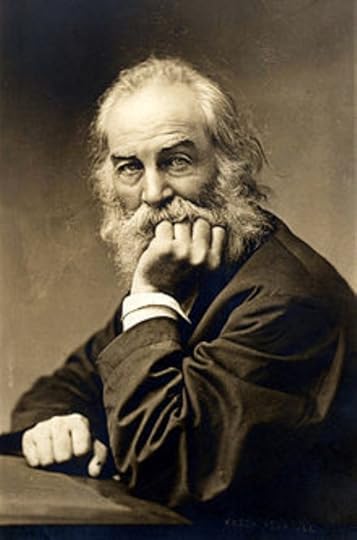
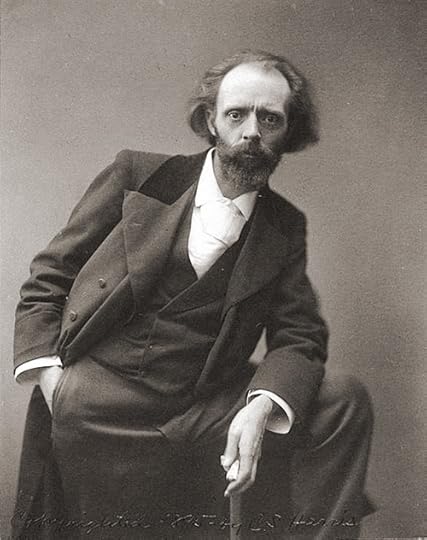
A number of years ago, I read "Death Makes a Holiday" by David J. Skal. A cultural historian, critic and writer, Skal has made something of a career writing in an academic but immensely readable way about the horror genre, and the holiday and real life people that surround the world of the macabre. I loved and devoured "Death Makes a Holiday," a gripping history of the holiday we now know and celebrate as Halloween, and I always wanted to go back to his writing sooner. I finally did this summer, and I so regret not doing so sooner.

I have loved "Dracula" since before I read the novel. Horror, the macabre, and scary stories that bump in the night have intrigued me from my earliest memories, and I was always drawn to the blood sucking count from Transylvania. I first read Bram Stoker's 1897 novel in the seventh grade, for a book report assignment in which we had total freedom to read any (approved, though not held to rigorous standards) book. I remember laying in my bed reading through the words and happenings and Jonathan Harker's travels and the Count holding him captive and the vampire brides and the nighttime sea voyages and the graveyard by the sea and Carfax Abbey and Mine and Lucy and Dr. Van Helsing. I knew I was not understanding everything I read, but what I read I loved. Count Dracula has become a cultural legend, eternally living in countless books, films, television programs and beyond, at a level few other fictional characters have. I've always been interested in Bram Stoker, the monster's creator, but knew precious little of his life. I picked up David J. Skal's massive "Something in the Blood" this summer, and instantly fell into its mesmeric, almost vampiric spell. And it is absolutely one of the best biographies I've ever read.
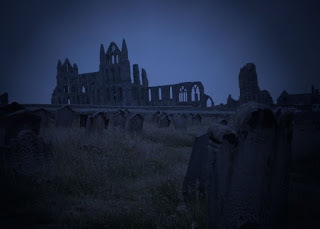
This book is many things. A biography of Bram Stoker. A meticulously researched study of the writer's life, giving full social, political and cultural context of his time. And a studied look at how the novel lived on after Stoker's death, and it's journey into stage and screen adaptations-- and beyond. From the early chapters were Skal details the upbringing of his parents and the birth and childhood of Stoker-- as he recounts amaizng histories of plagues and burial practices and the literature young Bram would have had access to and read-- I knew this was something special.
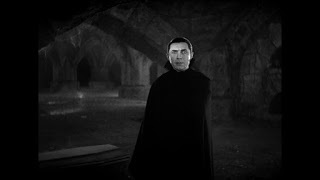
As someone who considered themselves a student of history, who works often in the field of genealogy, I as greatly sympathetic to the historian's dilemma; how to tell history, what is known, by accurately retelling the facts and responsibly presenting informed hypotheses when appropriate, and when details are lacking. This is not an easy task, but it is one that Skal balances beautifully. In this book, we are told the facts of Bram's life; his family, his mother, Florence the woman he would later marry, and a nearly unbelievable cast of characters that include the major artists of his time such as Walt Whitman and Oscar Wilde. Many times of his years, facts are scarce, but Skal presents them, and the possibilities, probabilities and the fact that we often may never know the truth for certain in a masterful way.
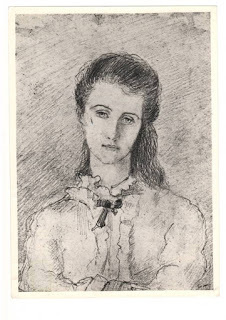 Frances Balcombe, as drawn by Oscar Wilde
Frances Balcombe, as drawn by Oscar Wilde
This is very much the case when it comes to Stoker's wife, Florence, and his reported sexuality. Much of the correspondence between Florence and her former suitor, Oscar Wilde, is lost to history, but what remains offers endlessly interesting possibilities about the nature of their relationship. Likewise, when it comes to Stoker's much rumored sexuality, there is a plethora of lines to read between. The letters young Bram writes to Walt Whitman after reading his work, on male love, reads, even with the most conservative of caution to consider the time they were written in, like someone coming out of the closet. One can only wonder what Whitman and Stoker discussed when the met at multiple points during the American tours of the Lyceum theater Stoker; though, of course, we'll never know.
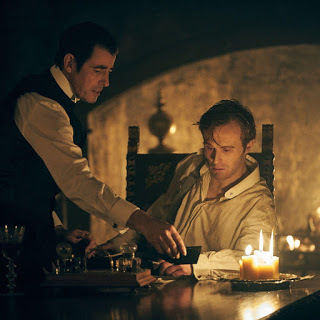
We will also never know the true nature of Stoker's decades long friendship with the writer Hall Caine. Many of Stoker's letters to Caine appear to have been lost (perhaps even discarded by Florence), but it begs thought exactly how deep the two men's relationship was (and the man who Stoker famously dedicated "Dracula" to.) This is especially interesting when the homosexual subtext in the novel is examined; the lusting Count Dracula has for Jonathan Harker, and the fear of that forbidden. Gender and sexual variance is a theme explored by Stoker not just in "Dracula," but in numerous others of his fiction works, and the examination of these issues, as well as race and culture, are discussed at length in the book and never fail to be anything but engrossing.
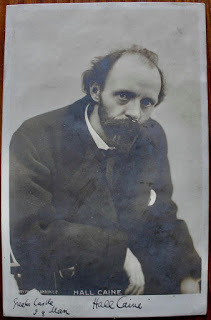
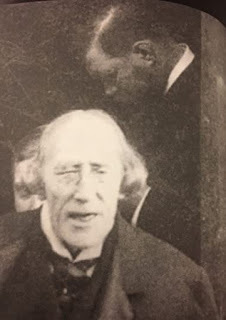
While much of Stoker's life will likely forever be lost to history, the story of the sickly boy who loved stories, and grew up into athletic intellectual who found himself in the work and friendship of writers like Walt Whitman, appears, the stuff itself of great fiction. Stoker, this man who made a living working his life for actor Henry Irving and his theater (a man who Stoker idolized, but often treated him like little more than a servant beneath his celebrity; a servant who was, in the spare time he had, writing work that make him and his work immortal) lived an uncanny and endlessly interesting life, and Skal's brilliant book is a-- while a commitment-- a must read for any serious fan of "Dracula" and the all the novel and character have spawned in popular culture.
